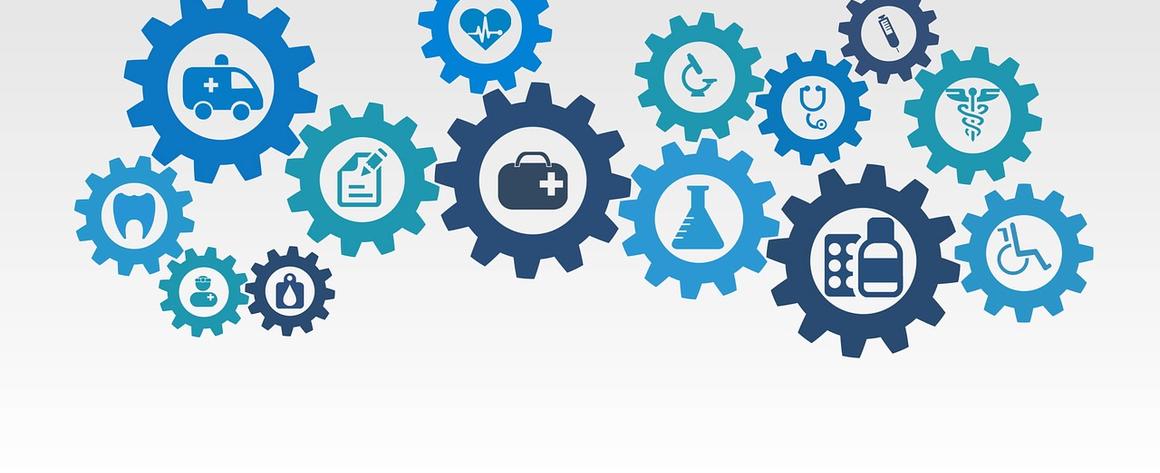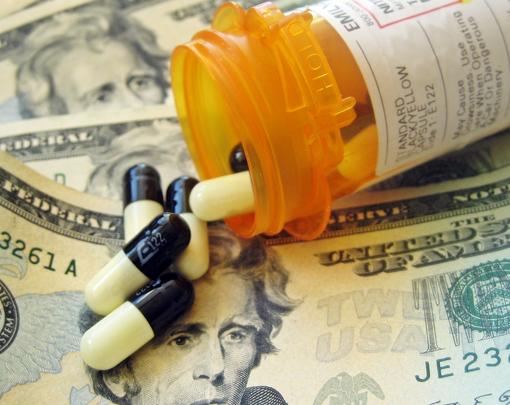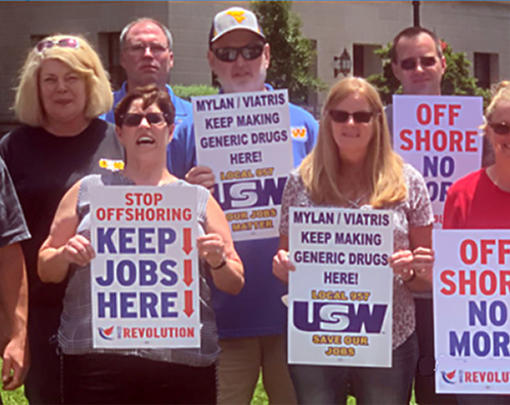In March, the Medicare for All act was reintroduced in the House of Representatives with a record amount of cosponsors. Public support for a single-payer system has never been stronger, and American’s relationship to their healthcare has never been more fraught. Over 500,000 Americans have died of COVID-19, and millions are without coverage. Clearly, we need a change. But what kind of change?
This episode of “The Laura Flanders Show” features health economist and Next System Project director Dana Brown and two outspoken nurses in public hospitals, one in Veterans Affairs, who know intimately the pros and cons of the American healthcare system. We’ve cheered for health care workers in the past year. Now we listen to them about how to make US healthcare better for everyone.
Dana Brown says the US already has a public health care model that works. “My question is: What would our healthcare system look like if it was a system? One advantage that the VA or the British NHS has is that it’s more of a system, and it’s more integrated.”
Brown says we need a shift in how we think about healthcare. “If we think of healthcare as a public utility or a right, rather than a service you can buy, the calculus changes, because of the positive externalities of having a healthy population. … You subsidize it, like you subsidize public transportation, because it has positive benefits for the economy, for local businesses, for people.”




